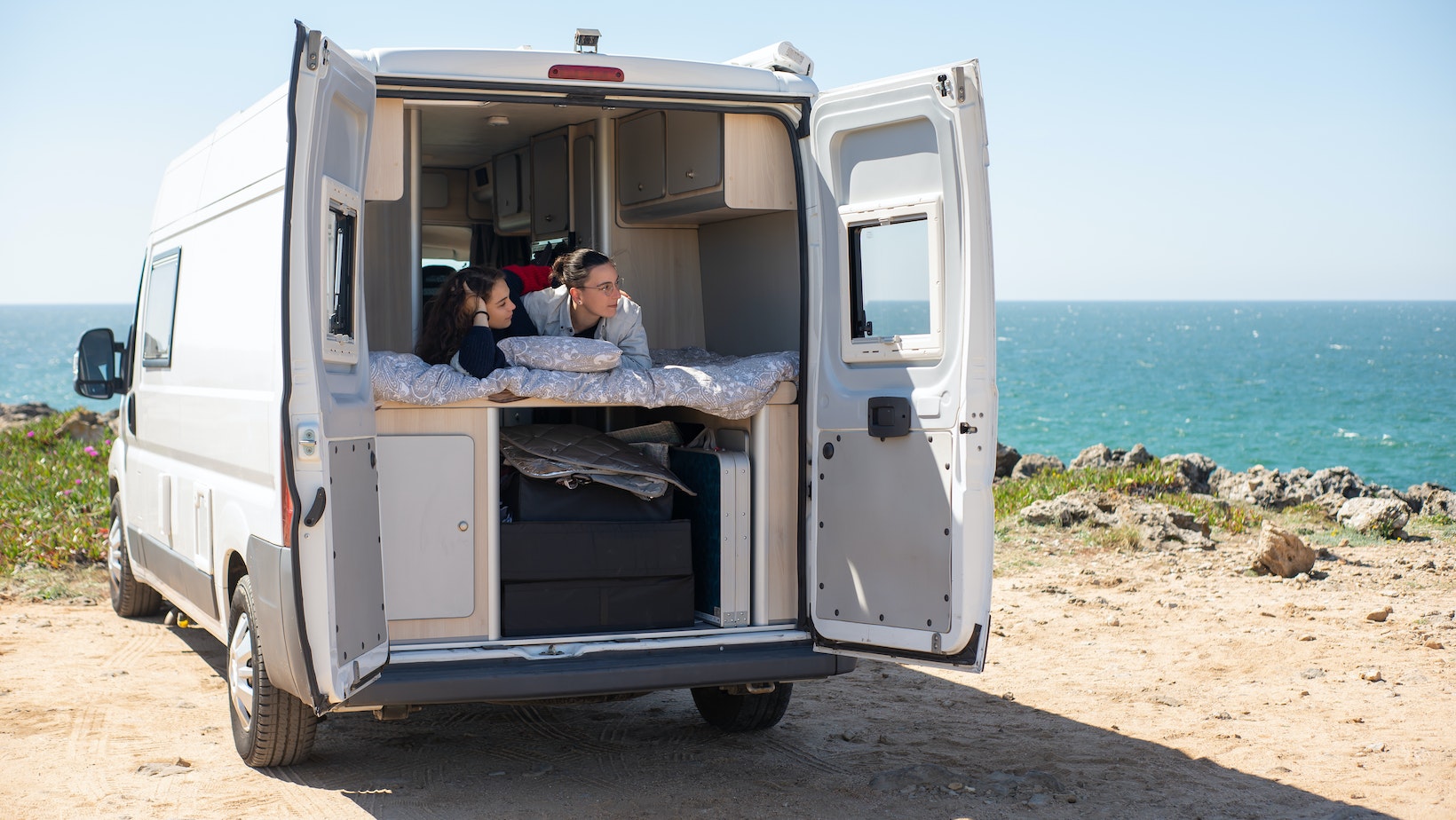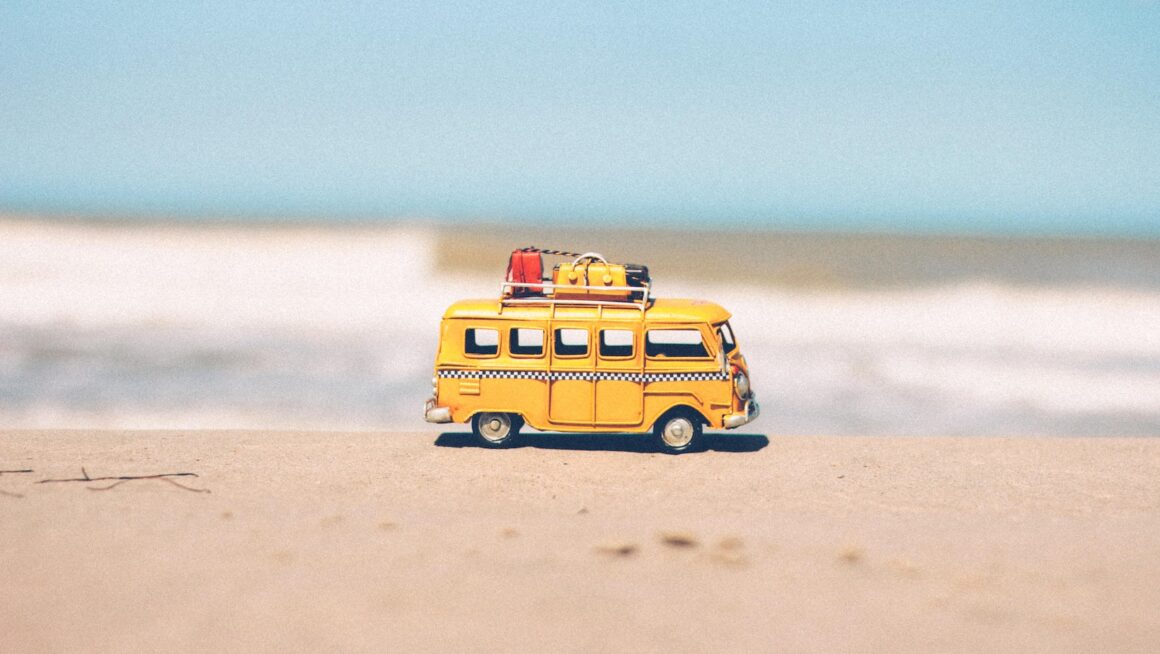Table of Contents
Where Can I Park My RV to Live for Free
Are you wondering where you can park your RV to live for free? It’s a common question among RV enthusiasts looking for budget-friendly options. Luckily, there are some possibilities out there if you know where to look.
Finding Free RV Parking: A Comprehensive Guide
When it comes to finding free RV parking, one option to consider is exploring available public land. Many national forests, Bureau of Land Management (BLM) areas, and other public lands offer opportunities for boondocking – a term used to describe camping without hookups or amenities. These areas often allow free overnight stays for a limited number of days.
To find available public land for RV parking, you can use resources such as the National Forest Service website or BLM’s official portal. These platforms provide information on designated camping areas, including any restrictions or permits required. It’s important to research specific rules and regulations before venturing out, as some areas may have limitations on length of stay or certain activities.
Researching RV-Friendly Campgrounds
Another option for free RV parking is to research RV-friendly campgrounds that offer complimentary or discounted stays. Some campgrounds may provide a small number of spaces specifically designated for overnight stops at no charge. Others might offer loyalty programs where frequent visitors earn points towards free nights.
Online directories and apps like AllStays and Campendium can be helpful in identifying these types of campgrounds. Look for user feedbacks and ratings to ensure that the campground meets your needs in terms of safety, amenities, and overall experience.
Exploring Overnight Parking Options
In addition to public land and campgrounds, there are various other overnight parking options available for RVers seeking free accommodations. Here are a few possibilities:
- Walmart: Many Walmart stores allow overnight parking in their lots unless local ordinances prohibit it.
- Rest Areas: Some rest areas permit short-term overnight stays while you catch some sleep during long drives.
- Casinos: Certain casinos welcome RVers in their parking lots as long as you patronize their establishment.
- Truck Stops: Some truck stops have dedicated spaces for RVs, offering a safe and convenient place to rest.
Remember to always practice good etiquette when utilizing these parking options. Be respectful of the property, dispose of waste properly, and follow any specific guidelines provided by the establishment.

Boondocking: Embracing Off-Grid Living in Your RV
Living a free-spirited life on the road, with the ability to park your RV in beautiful and serene locations, is a dream for many. If you’re wondering where you can park your RV to live for free, then boondocking might be the answer you’ve been searching for. Boondocking refers to camping off-grid without hookups or amenities, allowing you to immerse yourself in nature while still enjoying the comforts of your own home on wheels.
Here are some key points to consider when embracing off-grid living through boondocking:
- Finding Suitable Locations:
- National Forests and BLM (Bureau of Land Management) areas often allow dispersed camping, providing ample opportunities for free RV parking.
- Some Walmart stores permit overnight stays in their parking lots, but it’s important to check with individual locations as policies may vary.
- Harvest Hosts and Boondockers Welcome are membership-based programs that connect RVers with hosts who offer free overnight parking on private properties such as vineyards, farms, and ranches.
- Practicing Leave No Trace Principles:
- When boondocking, it’s crucial to leave your campsite as pristine as you found it. Follow the principles of Leave No Trace by properly disposing of waste and minimizing your impact on the environment.
- Use designated fire rings or portable fire pits if permitted and ensure fires are completely extinguished before leaving.
- Conserving Resources:
- Since boondocking entails being self-sufficient without access to utilities, conserving resources is essential. Monitor water usage by taking shorter showers and using water-saving devices.
- Utilize solar panels or generators for electricity needs and consider propane-powered appliances for cooking and heating purposes.
- Safety Considerations:
- Prioritize safety by staying aware of your surroundings and researching potential hazards in the area.
- In remote locations, ensure you have a reliable means of communication such as a cell phone with good coverage or a satellite phone.
Remember, while boondocking allows for incredible freedom and solitude, it’s important to respect local regulations and private property. Always obtain permission before parking on someone else’s land and be mindful of any posted signs or restrictions.
Boondocking can be an enriching experience that allows you to connect with nature and explore new horizons. By following responsible practices and embracing off-grid living in your RV, you can create unforgettable memories while living freely on the open road. So pack up your essentials, embrace the unknown, and discover the beauty of boondocking!





